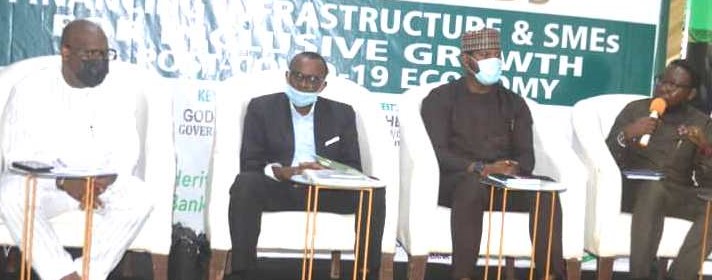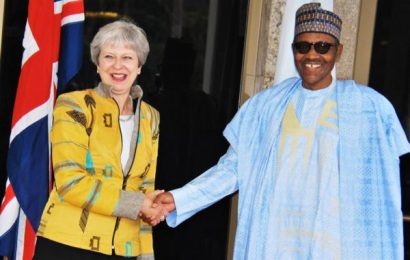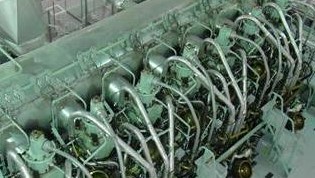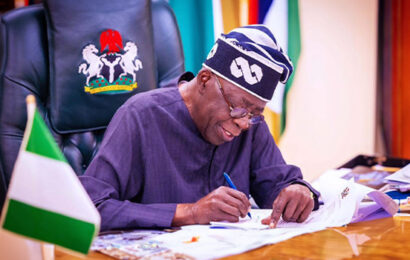
of Nigeria (CBN); Mr Osita Nwanisobi; Director Organizational resourcing
department, Debt Management Office (DMO); Mr Joe Ugoala; Executive
Commissioner Operations, Securities and Exchange Commission, Mr Dayo
Obisan and Head of Private Capital, FMDQ, Mr Yemi Osinubi during the 30th
anniversary conference of the Finance Correspondents Association of
Nigeria (FICAN) in Lagos at the weekend
The Securities and Exchange Commission has again affirmed that the capital market has the potentials to bridge the infrastructure gap in the country as well as aid economic development.
This was stated by Executive Commissioner Operations of the SEC, Mr. Dayo Obisan at the annual conference/30th anniversary of the Finance Correspondents Association of Nigeria with the theme: Financing Infrastructure & SMEs for inclusive growth in post-Covid-19 economy, held in Lagos weekend.
Obisan said that there are a number of options that can be explored one of which is Sukuk that is directly linked to each project and deployed to extend credit to bridge the gap.
According to him, “There are a number of options that can be explored to bridge the infrastructure gap. One of them that has been used in the past is Sukuk. In the last three to four years, Sukuk has been used to raise funding for critical projects in various sectors of the economy.
“We also have collective investment schemes, these are individual monies maybe by some institutions, and over N100bn has been done. We have about three surviving infrastructure-focused funds in Nigeria totalling almost N100bn and there are some that are registered programmes. One of them has a programme of N200bn and they have only launched N76bn so there is still a lot of room for growth”.
“We have allowed for crowdfunding platforms, that means people that do not even know each other can come together and fund a business, these are the kind of things we have available, not only for government but also for individuals”.
While admitting that there are quite a couple of instruments available in the capital market, The SEC Commissioner stated that the major thing to note is that infrastructure development is a long term thing.
“If in developed countries they are still having constant discussions not only in maintaining but in enhancing the level of infrastructure they have, it is essential for us in Nigeria to connect the right donation of money which is long term capital and which is what capital market provides.
He reiterated the commitment of the SEC as a regulatory agency to creating an enabling environment for everyone to be able to access the capital market.
“We know that one of the problems we have in this country is trust deficiency, if someone puts money in a company and it goes down it affects the trust people have in the market.
“And that is why we are very serious about Investor protection, transparency and fairness in the capital market. There is a need for synergy in policy. Predictability of outcome is key, when someone knows that if he puts his money somewhere he is certain of the returns, it engenders confidence in the capital market”.
He enjoined a FICAN to join hands with the government to espouse these opportunities available in the capital market to especially to foreign investors.
“Let’s all see it as a problem that needs to be solved in our writing of these issues. We need to probe further to find out the effects of these interventions of government on Nigerians” he added.






